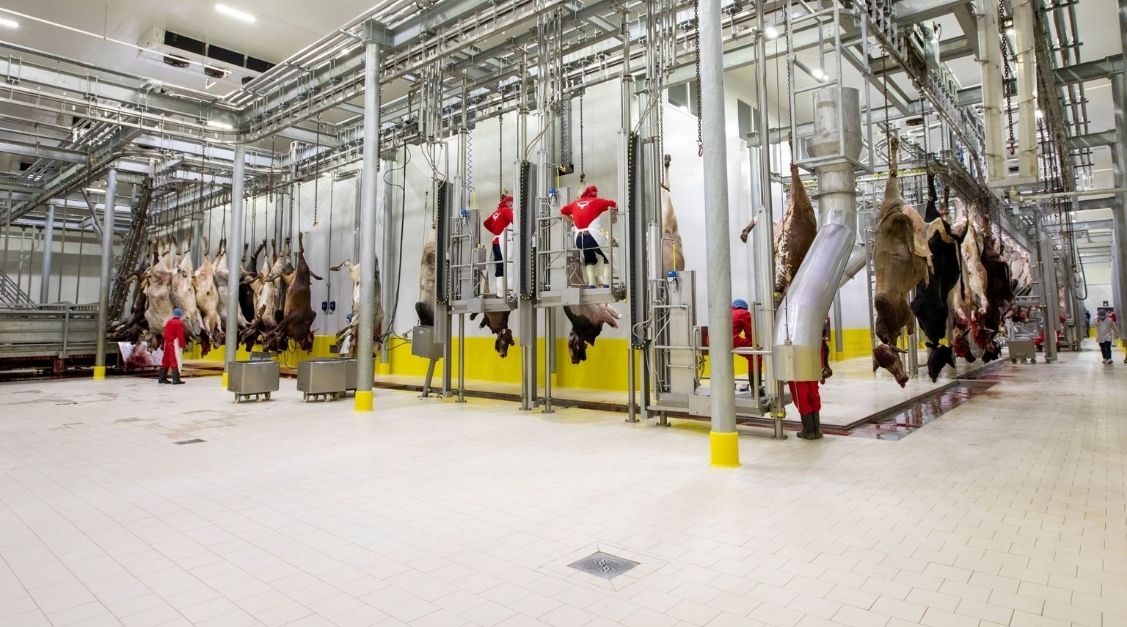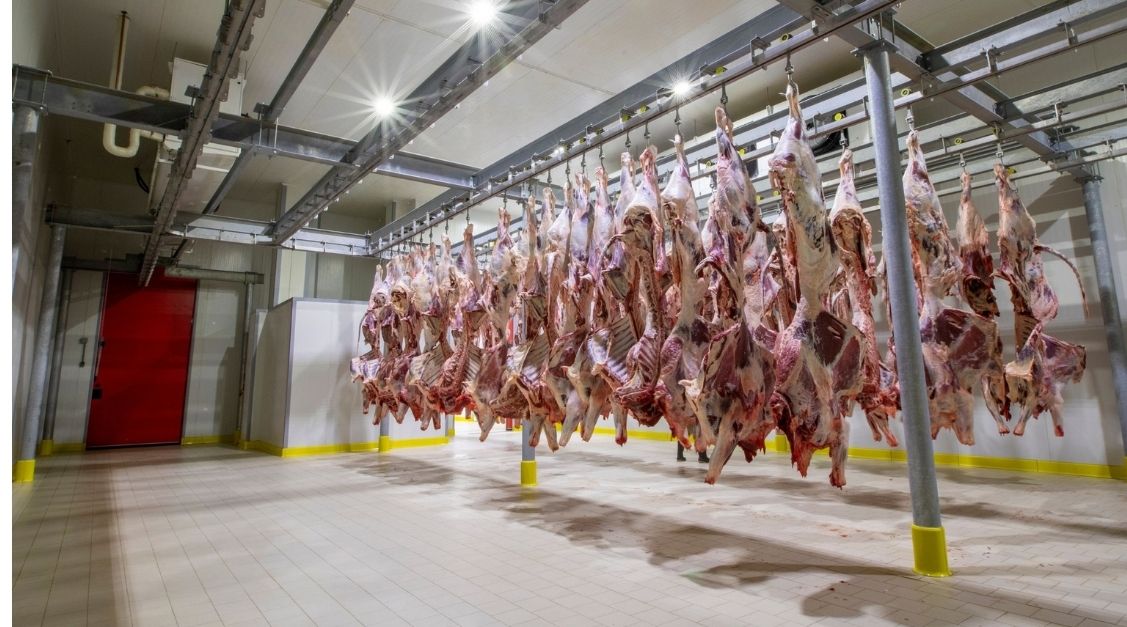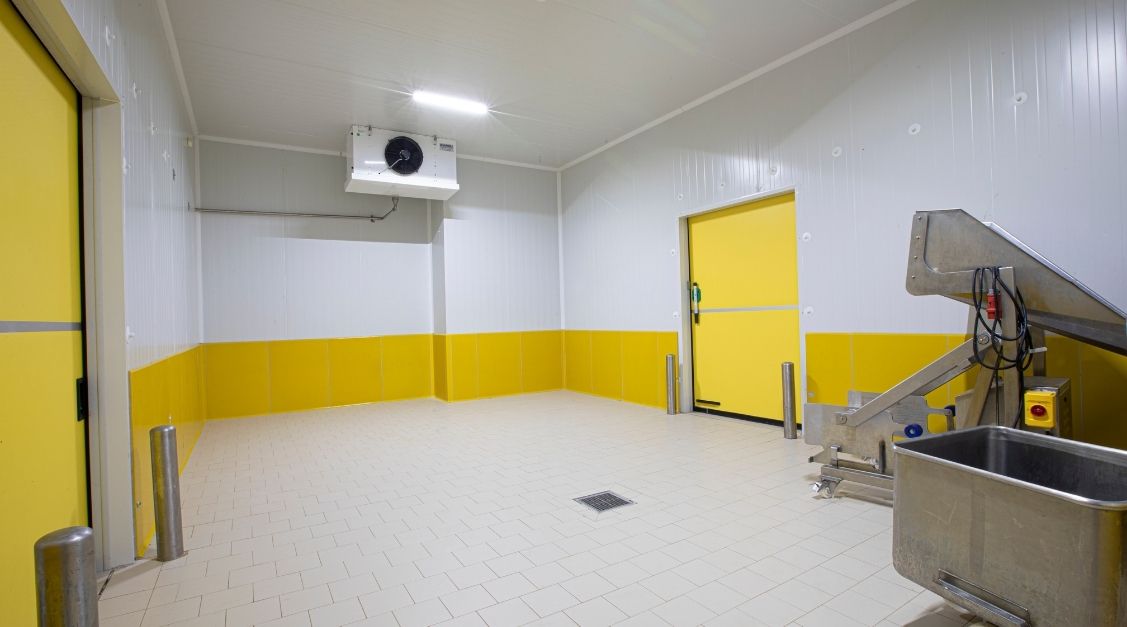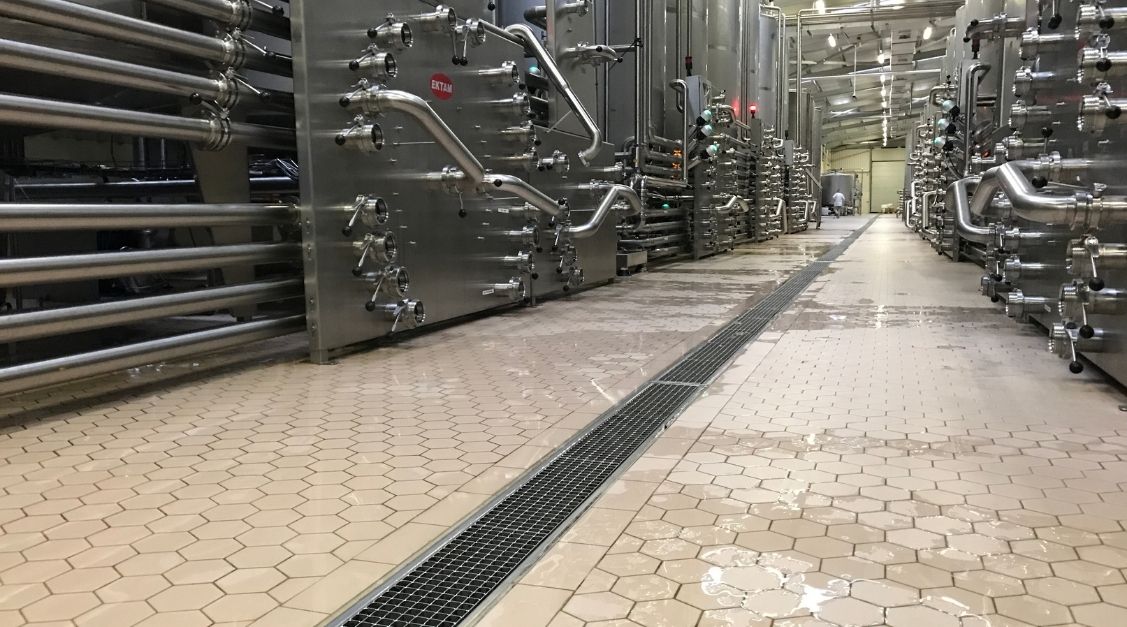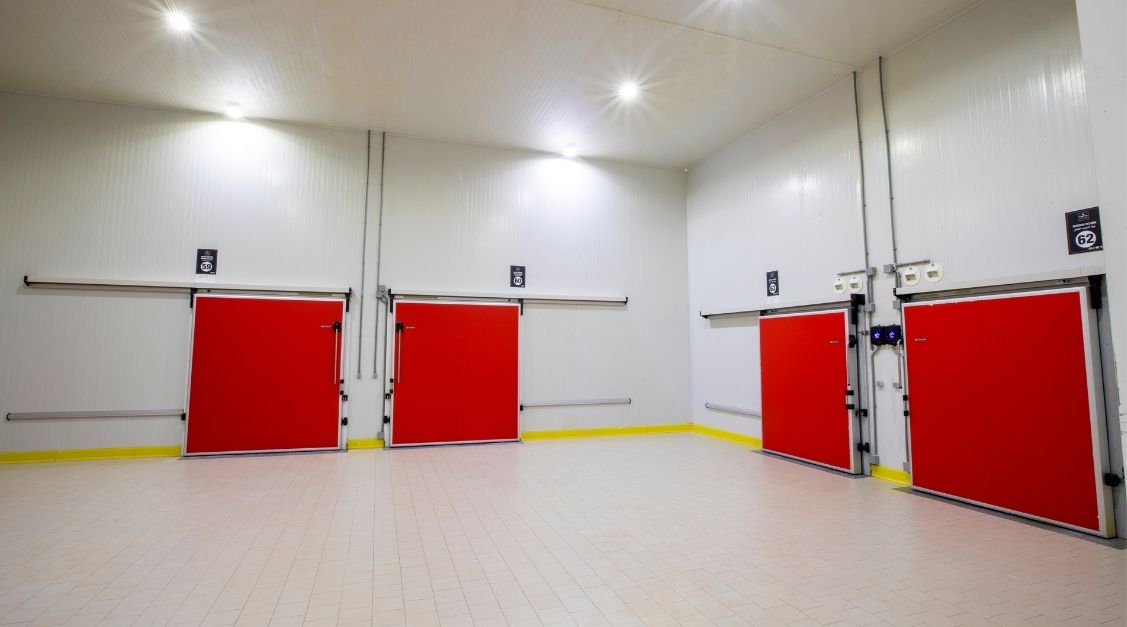In the arena of efficient drainage solutions, the role of a commercial floor sink cannot be overstated. This type of sink serves as a vital component in various settings, particularly in areas such as commercial kitchens and industrial environments, where the management of wastewater is crucial. The primary function of a commercial floor sink is to act as a receptacle for indirect waste. This can include the runoff from kitchen appliances, excess water from cleaning processes, and other forms of non-sewage waste. What sets commercial floor sinks apart from standard floor drains is their capacity to handle a higher volume of waste and water. While a floor drain is typically designed to channel direct runoff water and is flush with the floor, a commercial floor sink offers a deeper basin-like structure, providing ample space for larger quantities of waste. This design is particularly beneficial in high-traffic areas or in environments where substantial amounts of waste water are generated, ensuring that excess water and waste can be efficiently removed without overwhelming the drainage system.
The importance of a commercial floor sink extends beyond its capacity. In facilities where hygiene and cleanliness are paramount, such as food processing plants or large-scale kitchens, the ability to effectively manage and dispose of waste water is critical. A commercial floor sink helps to mitigate the risk of water pooling or flooding, which can be a significant health hazard, leading to slip-and-fall accidents or the proliferation of bacteria and other pathogens. Furthermore, the design of commercial floor sinks often incorporates features that facilitate easy cleaning and maintenance, which is essential for ensuring long-term hygiene and functionality. The strategic placement and size of these sinks are also crucial considerations, as they need to be conveniently located to handle waste efficiently while not obstructing workflow.
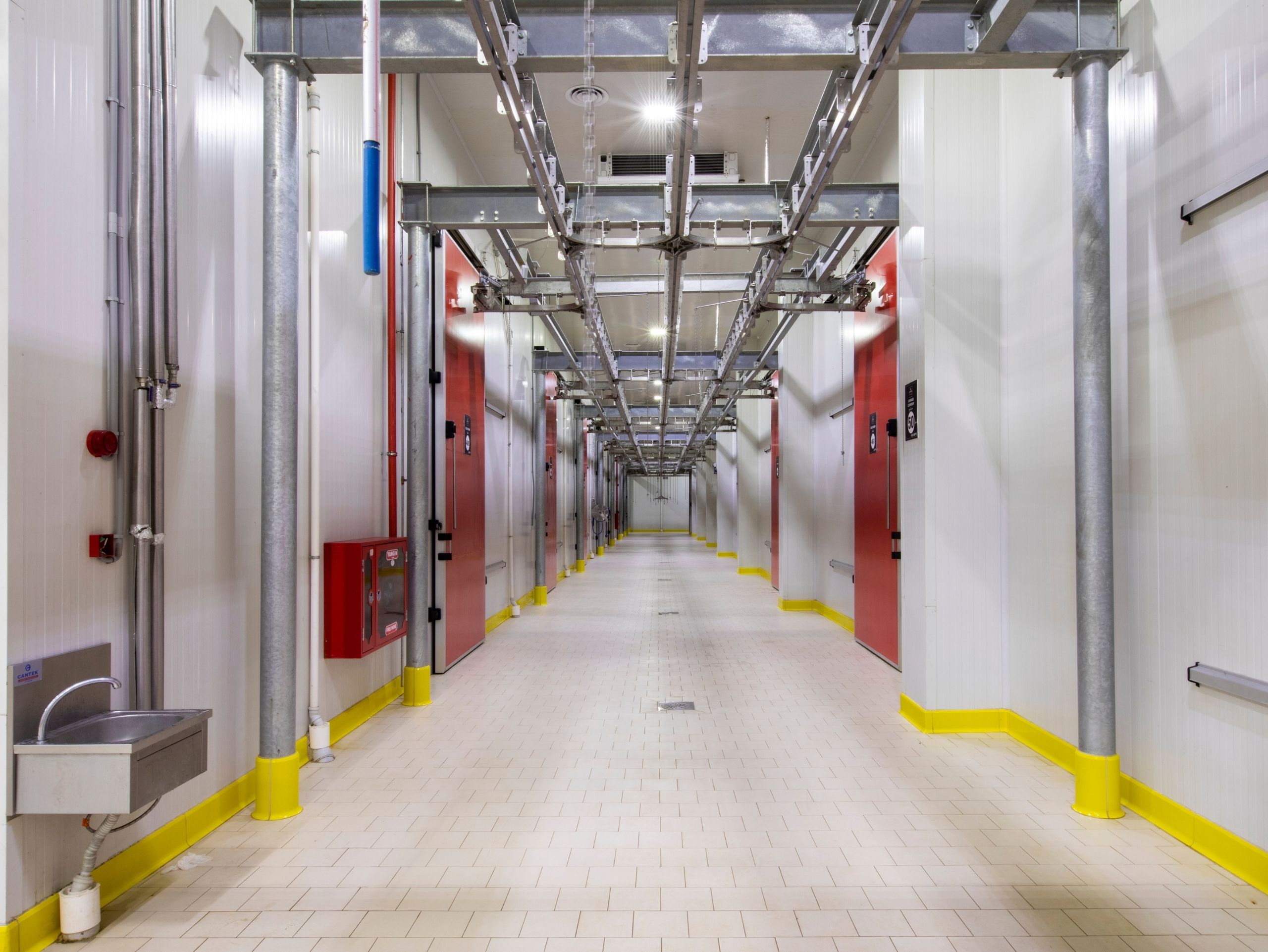
Choosing the Right Drainage Solution
Understanding the differences between various types of drainage solutions is key to selecting the right system for any commercial or industrial environment. A floor sink and a floor drain, for instance, serve different purposes and have distinct designs. A floor drain is typically a simpler, more direct channel designed for water runoff, and is often flush with the floor. This makes it suitable for general water drainage in a variety of settings. In contrast, a commercial floor sink is a much deeper, basin-like fixture. Its larger size and capacity make it capable of handling more substantial amounts of waste and water. This feature is particularly valuable in commercial kitchens or industrial settings where larger volumes of waste are common. The depth and capacity of a floor sink help in managing wastewater more effectively, preventing overflow and potential water damage.
Similarly, the differences between a floor gully and a floor drain are significant. A floor gully typically features a grating on top and is designed for point drainage. This means it is specifically used in areas where water needs to be drained from a single point source. The grating helps in trapping larger debris, preventing blockages in the drainage system. On the other hand, a floor drain, usually without a grating, is designed for more general water drainage across a larger area. Additionally, a floor trap, which is distinct from a floor drain, includes a trapping mechanism that is crucial for odor control. This trap prevents odors from the sewage system from entering back into the building, thus maintaining a pleasant and hygienic environment. Each of these drainage solutions plays a specific role in effective water and waste management, and understanding their functions is essential for maintaining an efficient, clean, and safe commercial or industrial space.
Commercial Floor Sink Installation
When it comes to outfitting a commercial space with efficient drainage solutions, the installation of a commercial floor sink is a key consideration. This process, crucial for maintaining hygiene and efficiency in high-traffic areas, involves several important steps and considerations to ensure optimal functionality and compliance with safety standards.
Firstly, the selection of the right commercial floor sink is vital. The chosen sink must be suitable for the specific demands of the environment, whether it’s a bustling restaurant kitchen, a busy hospital, or an industrial facility. Factors like size, material, and design play a significant role in this selection. For instance, stainless steel commercial floor sinks are highly recommended for their durability and corrosion resistance, making them ideal for areas prone to heavy use and exposure to moisture and chemicals.
The actual installation of a commercial floor sink involves careful planning and execution. It’s essential to consider the layout of the space and the placement of the sink to ensure it effectively captures and drains wastewater without obstructing workflow. Professional installation is recommended, as it ensures that the floor sink is correctly integrated into the existing plumbing system. Proper installation prevents potential issues such as water pooling, leakage, or inadequate drainage, all of which can lead to hygiene concerns and operational disruptions.
Post-installation, regular maintenance of the commercial floor sink is crucial for sustaining its efficiency and longevity. Regular cleaning to prevent blockages and inspections for any signs of wear and tear will help in maintaining the sink’s performance. In addition, being mindful of what is disposed of into the sink can prevent damage and prolong its service life.
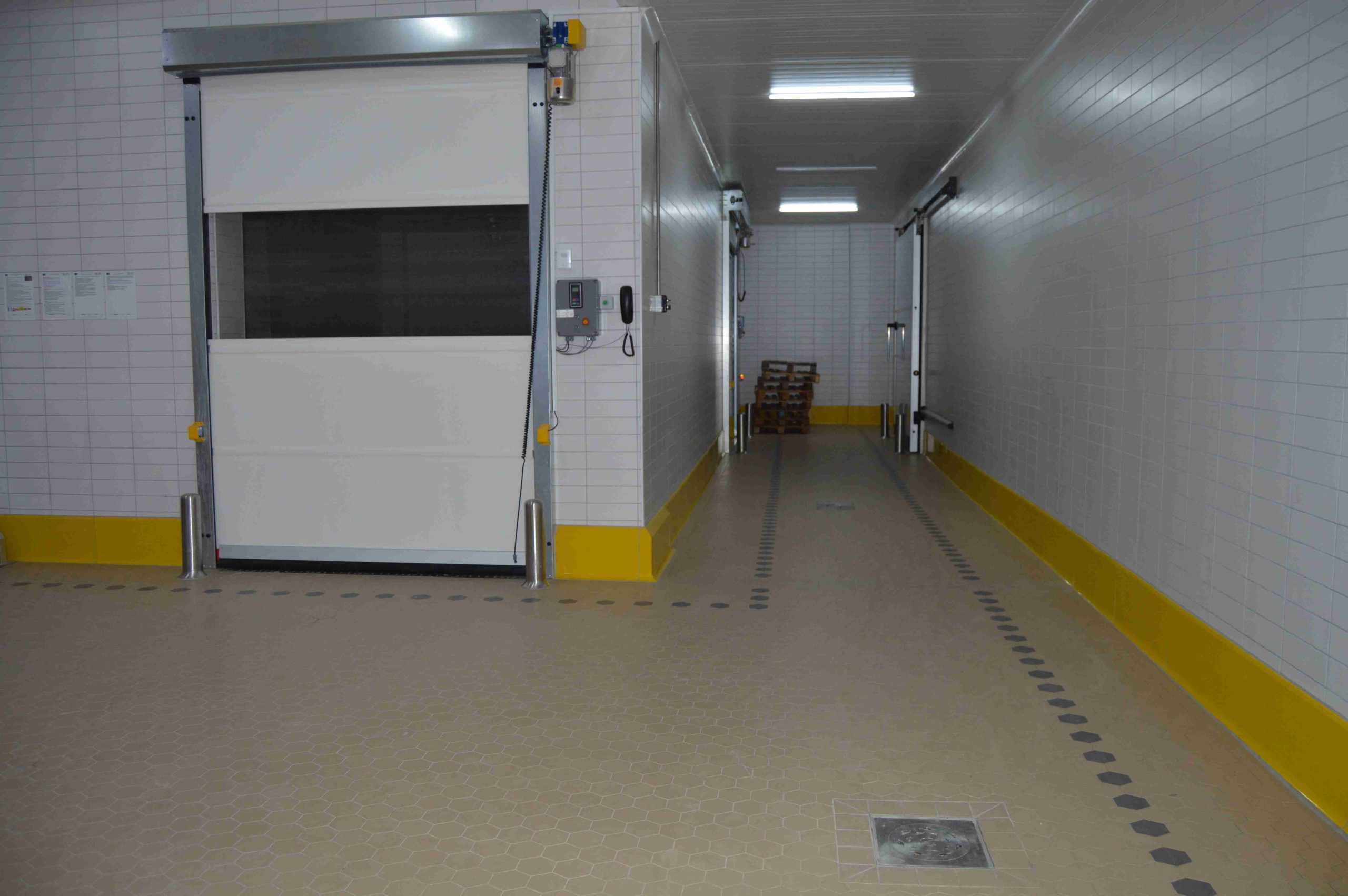
Tailored Solutions for Restaurants, Hotels, and Manufacturing Plants
Explore the advanced drainage solutions offered by Vibroser with their commercial floor sinks, meticulously engineered for high-volume and efficient drainage across diverse settings. These floor sinks are an ideal fit for environments that demand robust wastewater management, such as commercial kitchens, industrial facilities, and food processing plants. Designed with durability and long-term performance in mind, Vibroser’s commercial floor sinks are built to withstand the test of time, providing consistent efficiency and reliability.
Crafted from premium stainless steel, Vibroser’s commercial floor sinks stand out for their corrosion-resistant properties, an essential feature in environments prone to moisture and chemical exposure. Furthermore, these floor sinks meet the stringent standards of HACCP, making them a preferred choice for applications within the food and beverage industry, where hygiene and safety are paramount. The use of high-quality materials ensures that Vibroser’s floor sinks can handle the rigorous demands of industrial use without compromising on performance.
In addition to their technical prowess, the hygienic design of Vibroser’s commercial floor sinks makes them perfectly suited for a variety of establishments, including restaurants, hotels, and manufacturing plants. Their robust construction minimizes the risk of contamination and facilitates easy cleaning, a crucial factor in maintaining a hygienic environment. By choosing Vibroser’s commercial floor sink, businesses can elevate the standard of their facilities, ensuring a safe, clean, and efficient operation in any commercial or industrial setting.
As leading stainless steel floor drain manufacturers, Vibroser stands out for its expertise and quality in producing commercial floor sinks. These sinks are tailored to meet the diverse needs of various applications, from restaurants and commercial kitchens to hotels and food processing plants. With Vibroser’s commercial floor sinks, businesses can ensure efficient water and waste management, complying with health and safety standards, and maintaining a clean and hygienic environment.

